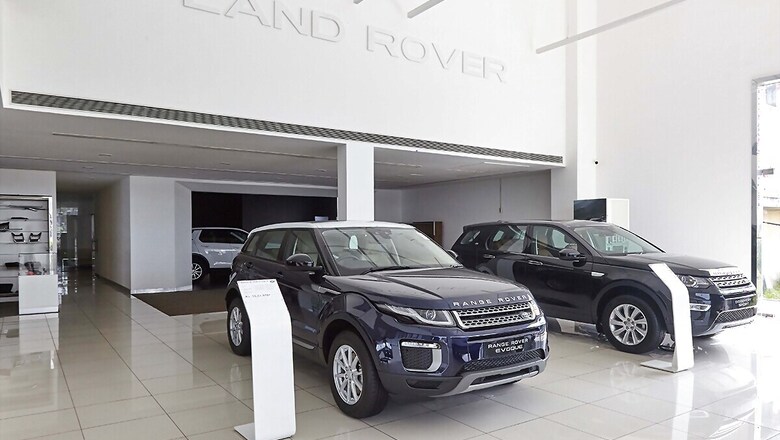
views
In a recent report, the New Weather Institute calls for a ban on advertising for SUVs (Sports Utility Vehicles), similar to bans on tobacco ads in many countries. According to the latest published figures, the rate of CO2 emissions from these vehicles makes them the second-largest cause of growing carbon dioxide pollution worldwide.
Freewheeling marketing
The automotive industry spends more than US$35.5 billion every year on advertising, a large portion of which is earmarked for the promotion of SUVs. Ads for these polluting cars typically feature landscapes with broad, sweeping horizons, and sports stars and models oozing self-assurance at the wheel, with no mention of the damage the vehicles do to the world's climate.
The New Weather Institute report draws a comparison with cigarette ads from the era when they were legal, which sold tobacco with the same arguments: a vision of an unhindered freedom that diverted attention from the harmful health effects of smoking.
According to the British researchers behind the report, the impact of these vehicles is catastrophic: SUVs currently account for more than 40 percent of new vehicle sales to individuals around the globe, with 35 million units sold in 2010 rising to 200 million units in 2018. These heavy vehicles consume around 25 percent more energy than mid-size automobiles -- the equivalent of 3.3 million barrels of gasoline per day for every day since 2010.
Undermining efforts to prevent climate change
The calculation is relatively simple: if the number of SUVs continues to increase at the same rate, they will require an extra two million barrels of gas per day, which will effectively wipe out any reduction in carbon emissions due to the sales of 150 million electric vehicles.
In October 2019, the International Energy Agency warned that SUVs are currently the second biggest contributor to growing CO2 emissions, ahead of heavy industry, trucks, aviation and shipping. That makes them a major threat to the fight against climate change and the bid to achieve carbon neutrality.
Down with SUVs!
The report comes at a time when many countries and cities around the world are adopting policies to reduce the impact of automobiles on the environment. The Netherlands, Norway, France, the United Kingdom, Sweden and Ireland have announced plans to drastically reduce the number of fossil-fuel powered vehicles between 2025 and 2040, and European capitals such as London, Paris, Amsterdam and Brussels have indicated that they want to ban conventional vehicles between 2030 and 2035. Europe is also working on the issue as part of its Green New Deal, which promises carbon neutrality by 2050.




















Comments
0 comment